A number of weeks ago, I stood at attention among the teeming masses at the Jerusalem outdoor market known as Mahaneh Yehudah on Yom HaZikaron (Israel Memorial Day). We all stood together, attending to the siren that sounded throughout the land, stopping all traffic, foot and vehicular; putting all commerce on hold, and all study at bay for two minutes of reflection on the memories of our fallen soldiers.
As I stood among the mourning nation on that clear, warm morning, I looked around and wept my own salty tears, but they were not entirely bitter and not all ephemeral as the emotions of the moment often are. I was moved — as we all are — by taking a quick step back from the rush of Jerusalem’s streets and noticing how beautifully the biblical prophecy of the "ingathering of the exiles" has been realized in our day.
What a moment! Standing within eyesight were Jews from the former Soviet Union, from Morocco, from Iran, from Ethiopia, from Bombay, from Kurdistan –and at least one Jew from Los Angeles.
These precious moments were instructive as well and afforded me a solution to a difficulty in this week’s parsha.
Chapter Seven of the Book of Bamidbar, which makes up the final three aliyot, details the offering of the tribal chieftains during the dedication of the altar, nearly one year after the Exodus. On each day, the head of the next tribe in line brought a donation to the Tabernacle — and each donation was a carbon copy of the first:
One silver dish … one silver bowl of 70 shekels … both of them were full of fine flour mixed with oil for a meal offering; one spoon … full of incense; one young bull, one ram, one lamb … one kid of the goats … two oxen, five rams, five male goats, five lambs….
Each day’s offering is presented with the same exacting detail, covering 72 verses of text. This seems to violate the Torah’s economic style, in which one extra word is understood to imply additional laws. Why the 12-fold repetition?
Before responding, I’d like to tackle a weightier issue, one which Judaism addresses daily. Our tradition teaches that each of us is created with unique capabilities, with our own approach and understanding, and that our individuality is to be cherished. Nonetheless, the experience of communal prayer seems to work hard against the nourishment of this individuality. We all follow the same order of Tefilah, endeavoring to recite the prayers in some type of unison. Where is the room for individual expression if "we’re all on Page 24" and all of the words are already laid out for us?
The answer is found on the streets of Mahaneh Yehudah. As I stood there, at the same time and in the same fashion as everyone else, paying respects to those valorous young Jewish men and women who gave their lives that we might have our precious medinat Yisrael, I burrowed deep into my own memories of dear friends who are counted among the fallen.
As I looked around, I could see that everyone around me was doing the same thing, thinking about relatives, parents and children. We stood together, each consumed with our own unique world of memories and respect. It was at that point that I understood: We all stand together, some of us thrice daily, saying the same words, but each of us brings our own meaning, pain, joy and hopes to those words.
When I ask for God to heal the sick, I think about my friend in Pittsburgh who has just undergone a lung transplant. Prayer, when done right, is an enormously personal and individual experience; the words are merely the framework for the real thing.
The gifts of the chieftains, just like all of us standing Sh’moneh Esreh together or standing at attention as the memorial siren wails, are only alike if we look at them superficially. Each chieftain invested the gift with his own meaning, that which was appropriate to his tribe (as noted in the Midrash Rabbah).
The Torah went out of its way (72 verses worth) to make this point — don’t confuse community with loss of personhood. We can join together, pray together and stand together at attention — and infuse each of these acts with the depths of our own individuality. Such is not only possible, it is the challenge of the Torah.


















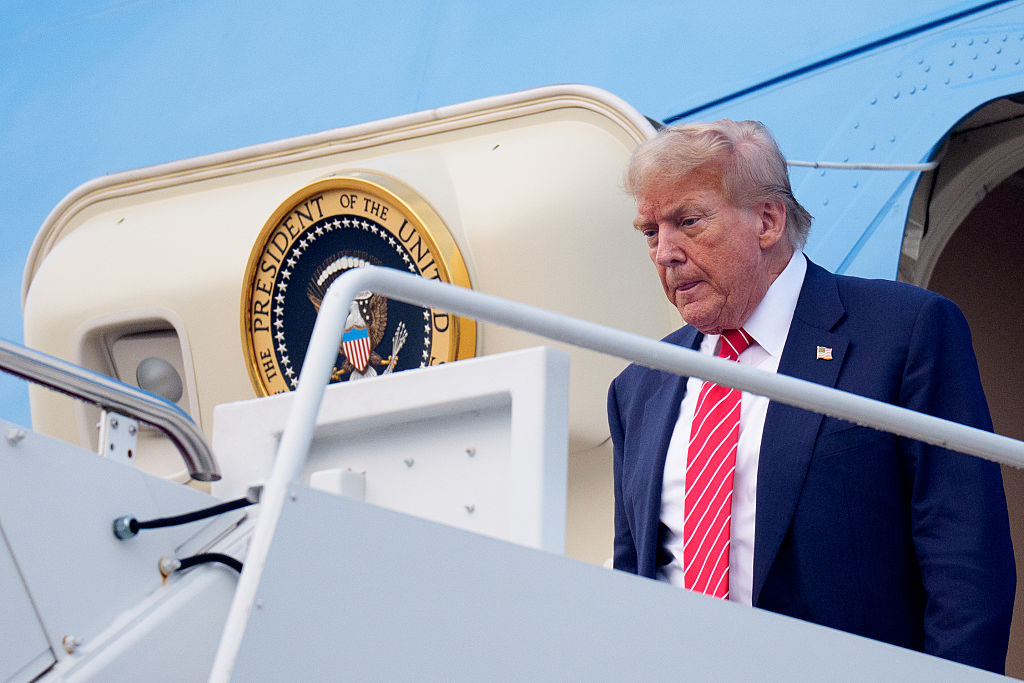

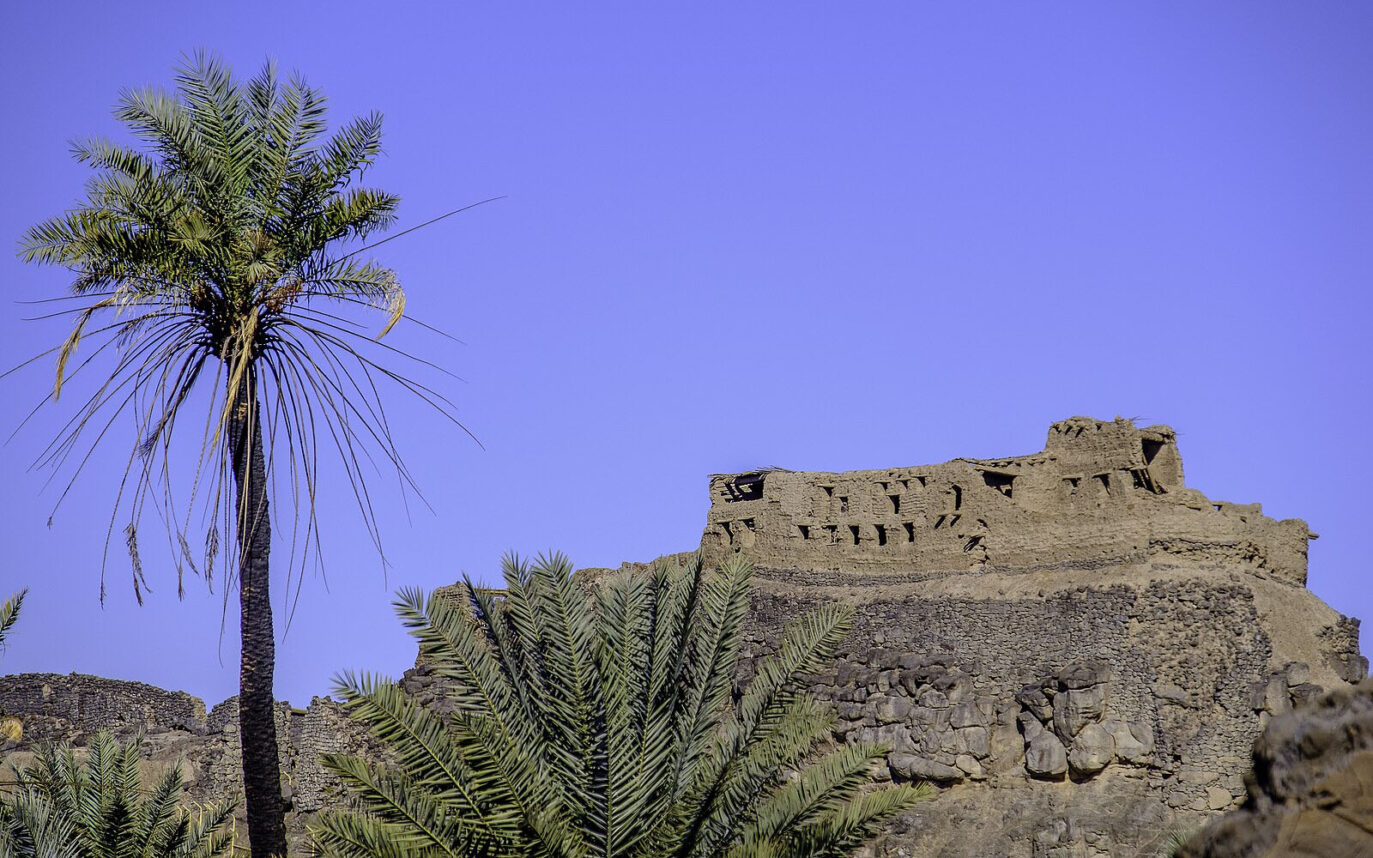

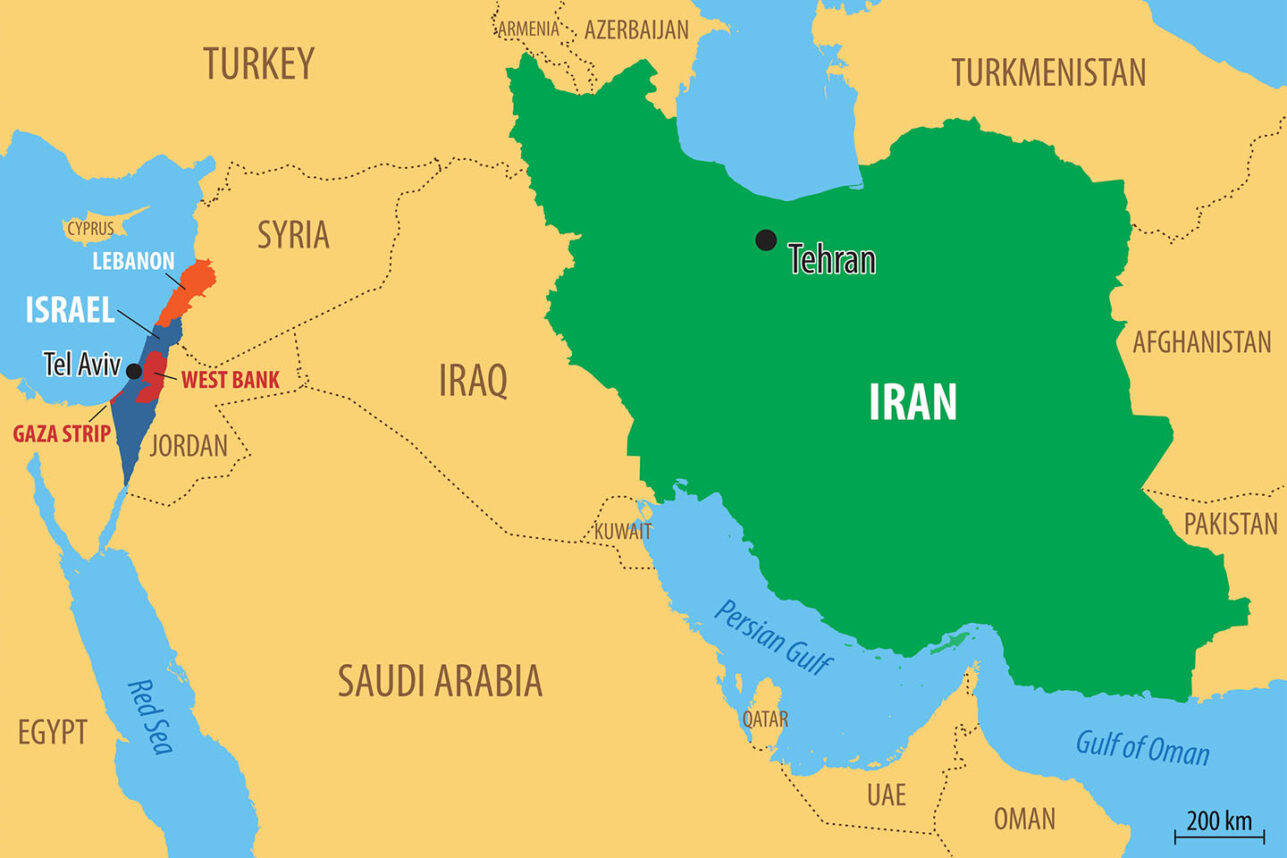
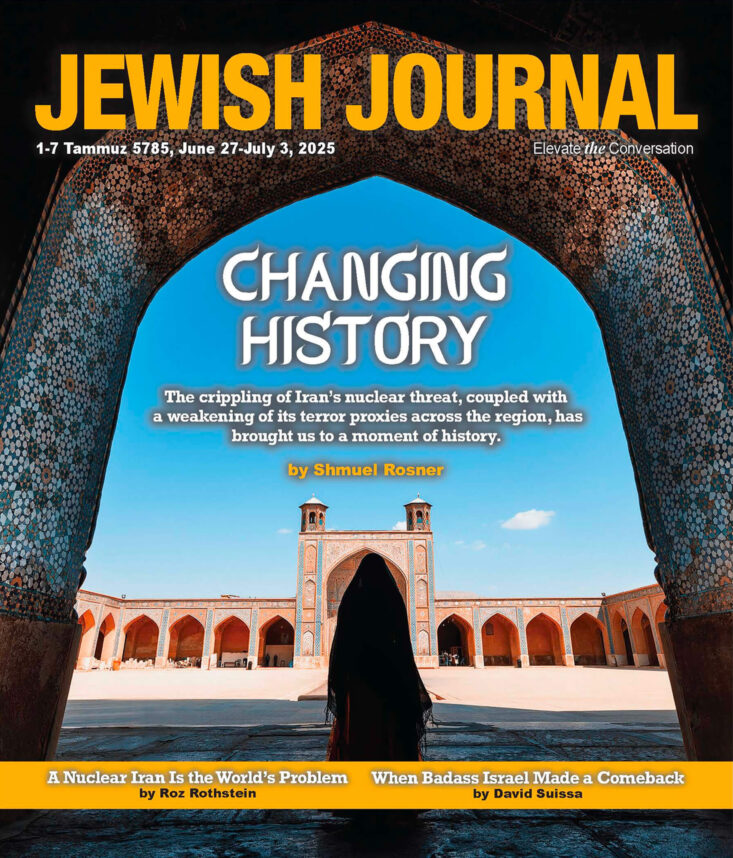
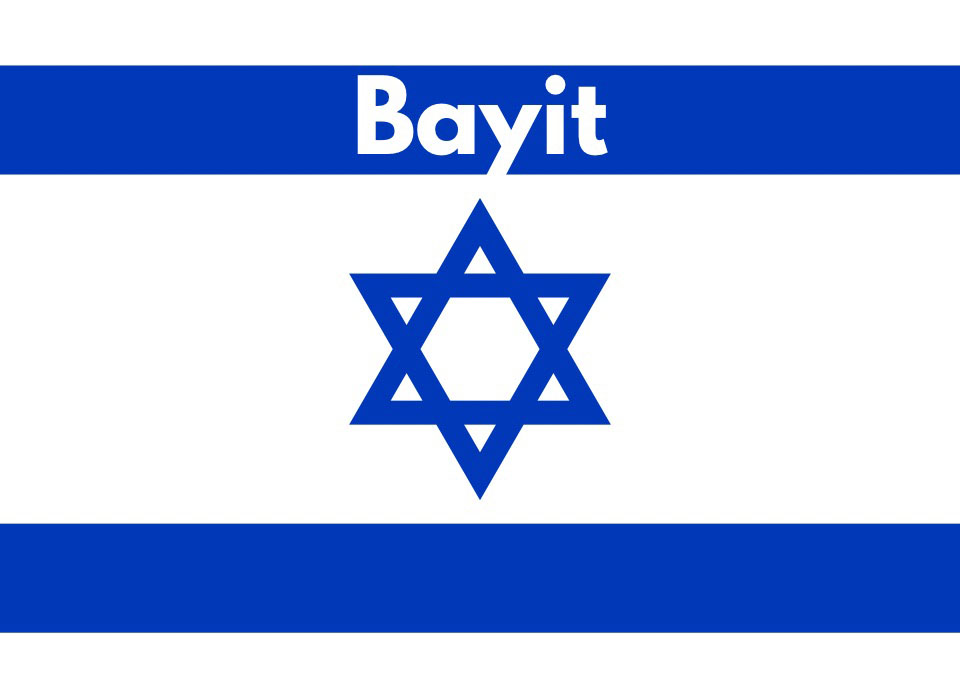
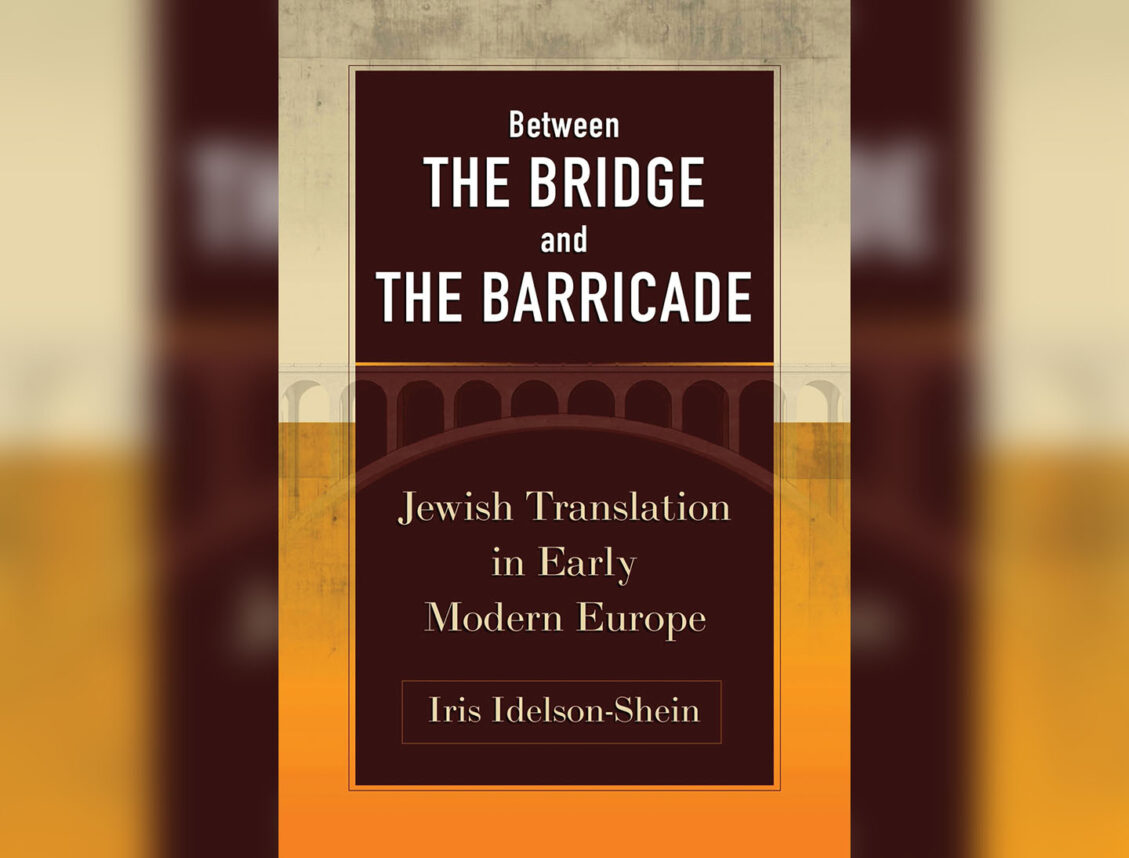

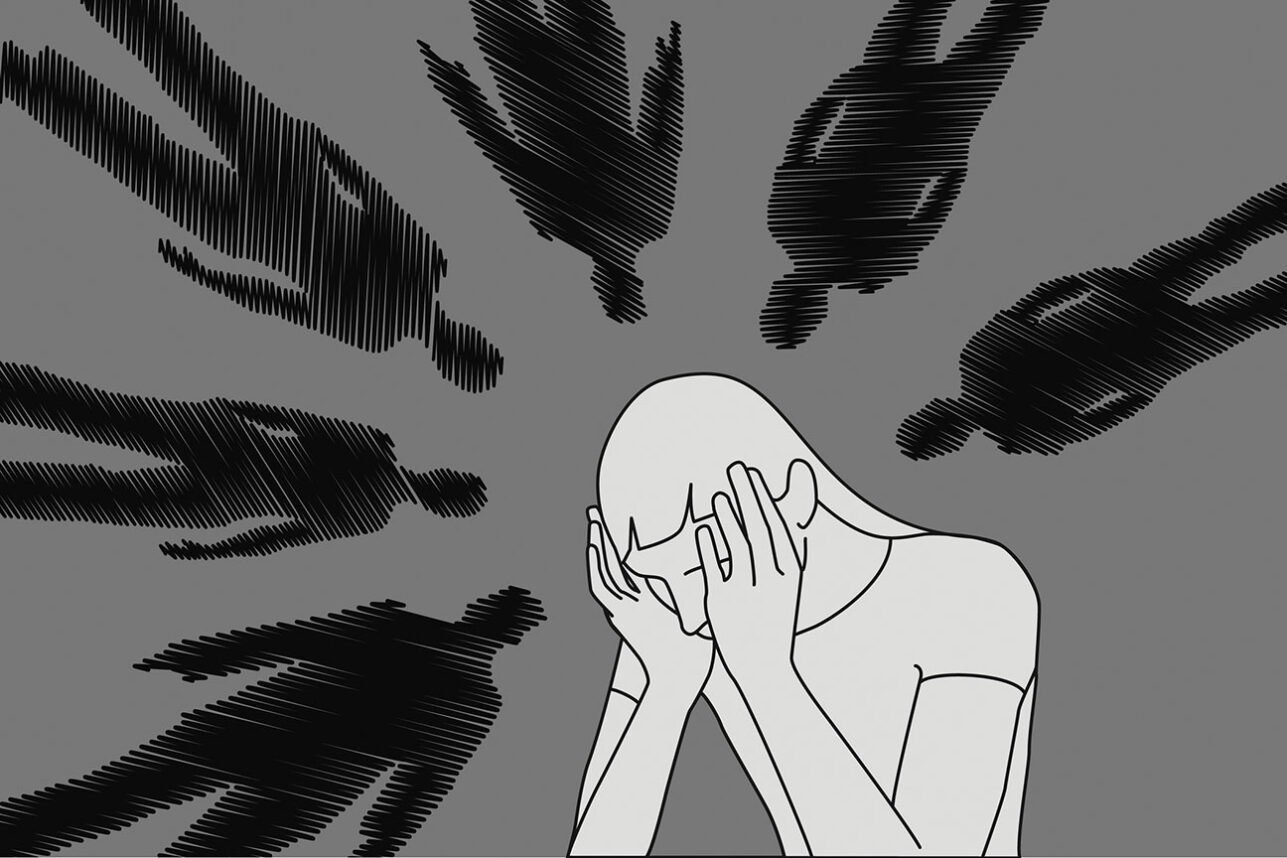
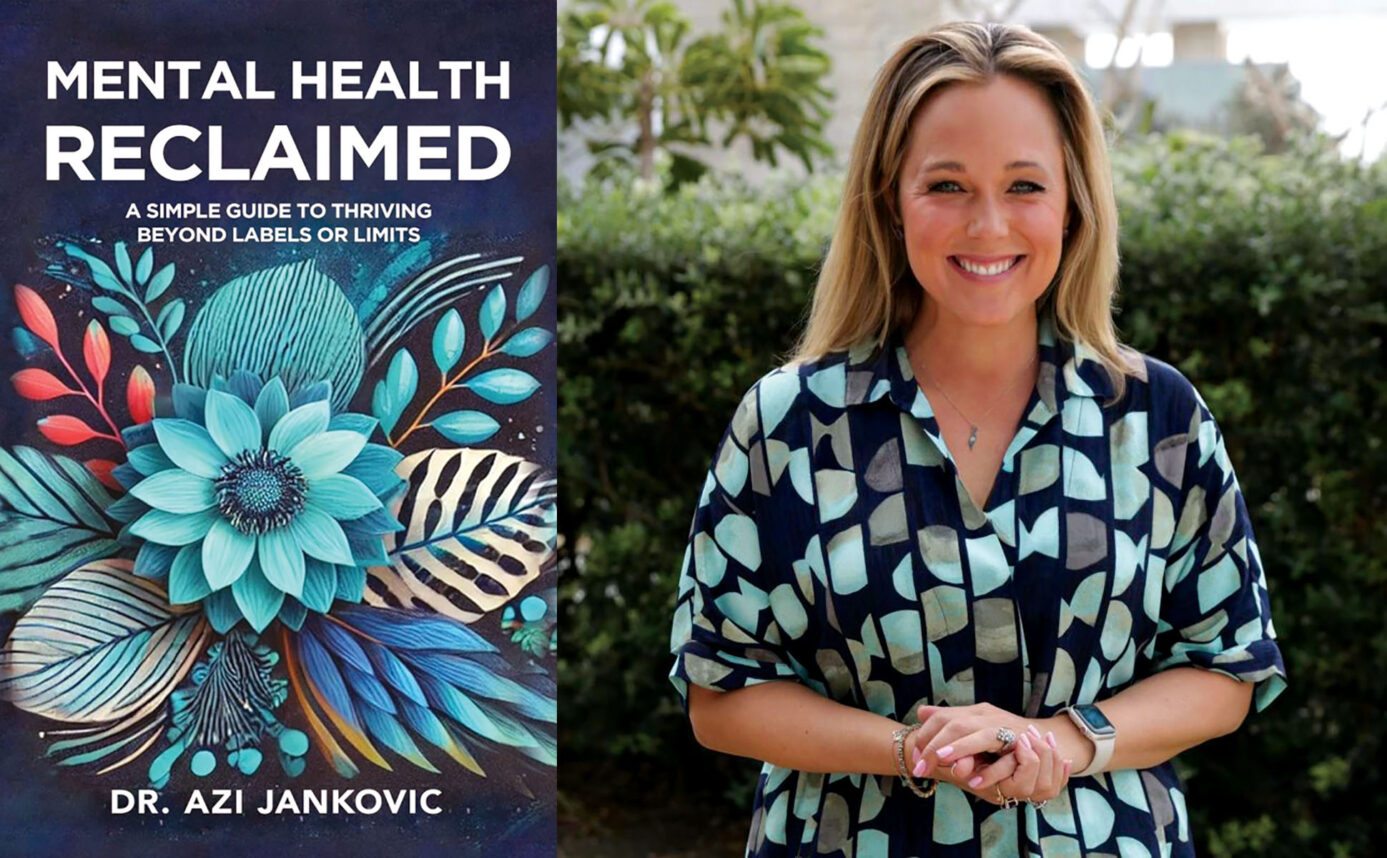
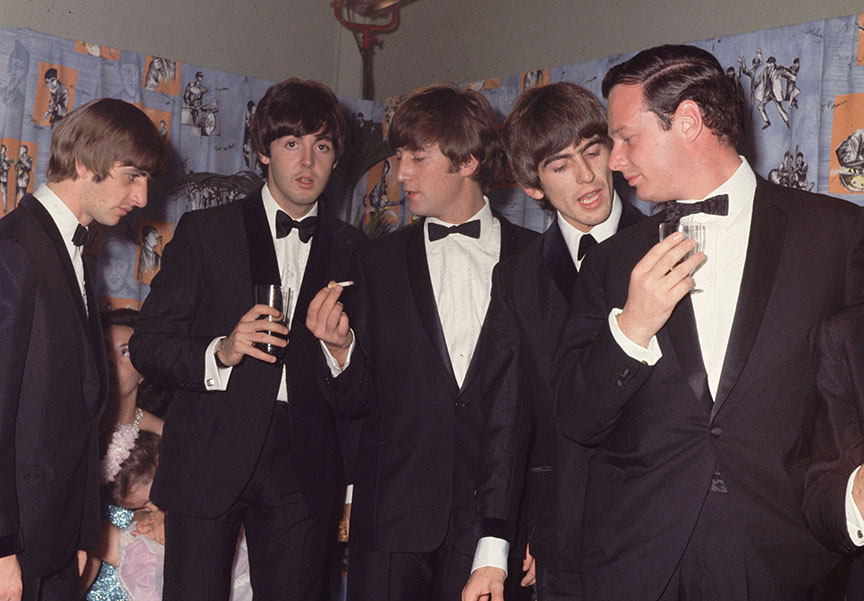
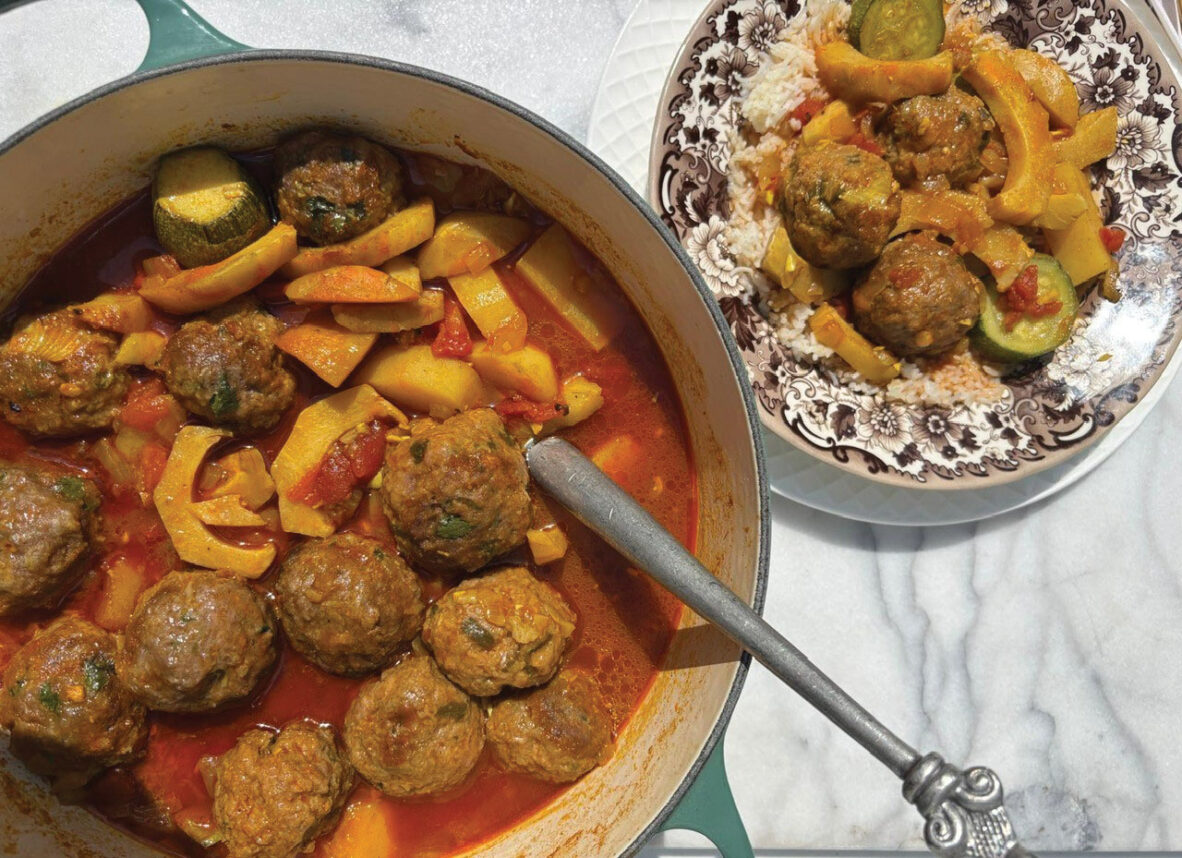


 More news and opinions than at a Shabbat dinner, right in your inbox.
More news and opinions than at a Shabbat dinner, right in your inbox.